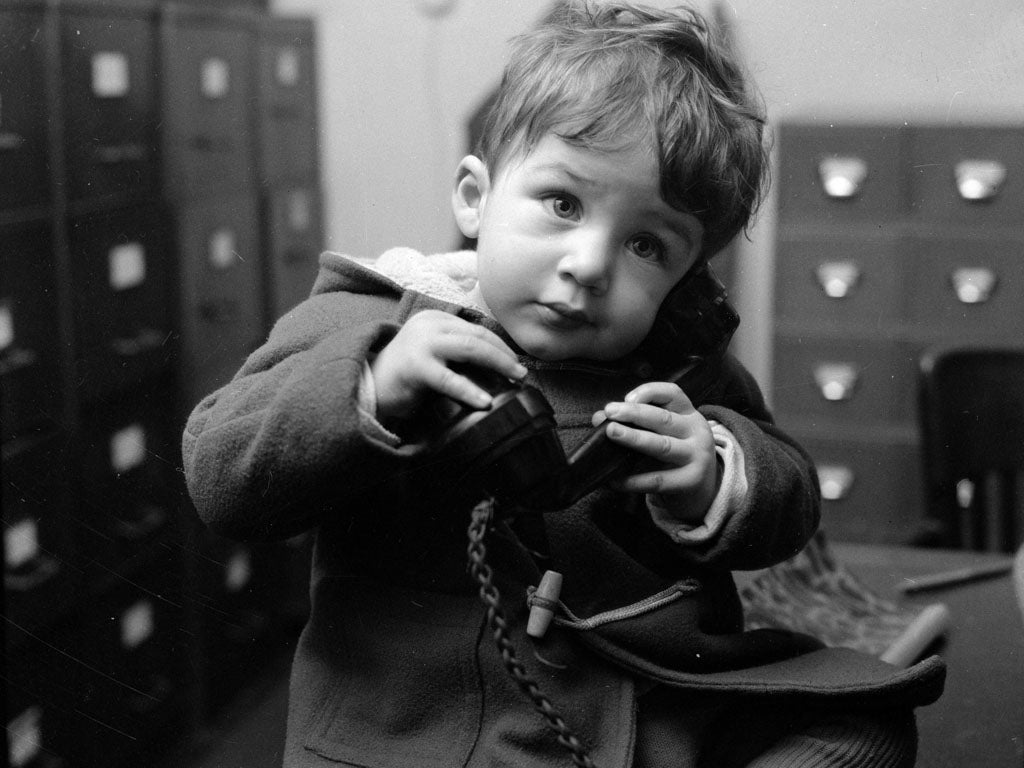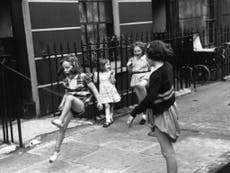School for two-year-olds? That is a recipe for disaster
No child that young is ready for the ‘structured environment’ that Sir Michael Wilshaw envisages


Two-year-olds, it’s time to set aside childish things. Put down your soft toys. That Peppa Pig playlet that Granny bought you is going in the recycling. It’s time for you to join the “global race”. You’re going to school.
If you thought the education debate in this country couldn’t get any more twisted and frankly bizarre, well the boss of Ofsted has demonstrated just how wrong you were.
Alongside extending the school day so that it threatens to breach the EU’s working time directive - and sitting kids in rows and hothousing them until every last drop of joy has been sucked out of them - Sir Michael Wilshaw now wants to get the process under way at age two. Yes, two. An age when children are considered to be basically babies in most civilised parts of the world.
He is concerned that some kids may be falling behind. That they’re often not learning basic skills, or picking up language because their parents don’t talk to them.
And there’s something to this. Ask any early-years teacher – which would be a novel approach given how rare it is for people like Sir Michael, or education secretary Michael Gove, to listen to people who actually know what they are talking about.
They’ll tell you that there is often a huge gulf between, on the one hand, kids who have started off in households where they are talked to, where there are books, where they don’t spend all day plonked in front of the TV - and on the other those who come from households where the environment is less conducive to their development.
Sometimes children disadvantaged in this way never catch up. Clearly it’s an issue. But it is Sir Michael’s prescription for curing this ill where it starts to fall down. He wants these children to enter a “structured environment” of “school-based provision” when they hit their second birthdays.
One wonders if he has ever encountered a two-year-old up close. It’s rather doubtful. I have. They’re a challenge. They need lots of attention and trying to force them into doing anything they don’t want to do can (with some) result in a ferocious tantrum. Can you imagine trying to sit a roomful of them in rows in front of a chalkboard? It’s a scary prospect.
The best way these very young children learn is through play and through being children, hopefully with the help and assistance and attention of their parents and other relatives – in other words, the way they’ve learned for thousands of years. The way they still learn in most of the rest of the world including all those economically dynamic Asian countries that David Cameron drools over.
In fact most of the world’s most successful economies - including China, the US and South Korea - don’t start formal primary schooling until age six at the earliest, let alone the four and a half when we get them going (although kindergarden or nursery style activities start earlier). They think we’re bizarre (and a little cruel) for hothousing them as early as we do.
It’s when people like Michael Gove pick up elements of what Sir Michael has said and start running with them that you run into real problems.
They seem to think we that by turning our kids into automata at ever younger ages we’ll turn into a tiger economy in 20 years’ time.
We won’t. But we might have to come up with an awful lot of money to treat the dramatic increase in the number of young adults with mental health problems by that time. Because with the approach that they have adopted, he and his colleagues seem to be forgetting something fundamental.
Children need time to be children. They need time away from school. They need to play. To skin their knees, to kick balls around, and yes to play on computer games where things go bang a lot. They need to laugh, and to cry, to make-believe. Through doing that, they will learn. There is no need to force them through a “school-based environment”.
A far better way of addressing the problem that Sir Michael has identified is by doing more work with their parents. Through making parenting classes more widely available, for example. To save our kids it’s actually the adults who need schooling. Let’s get them started. With Sir Michael and Mr Gove at the front of the line.


Join our commenting forum
Join thought-provoking conversations, follow other Independent readers and see their replies